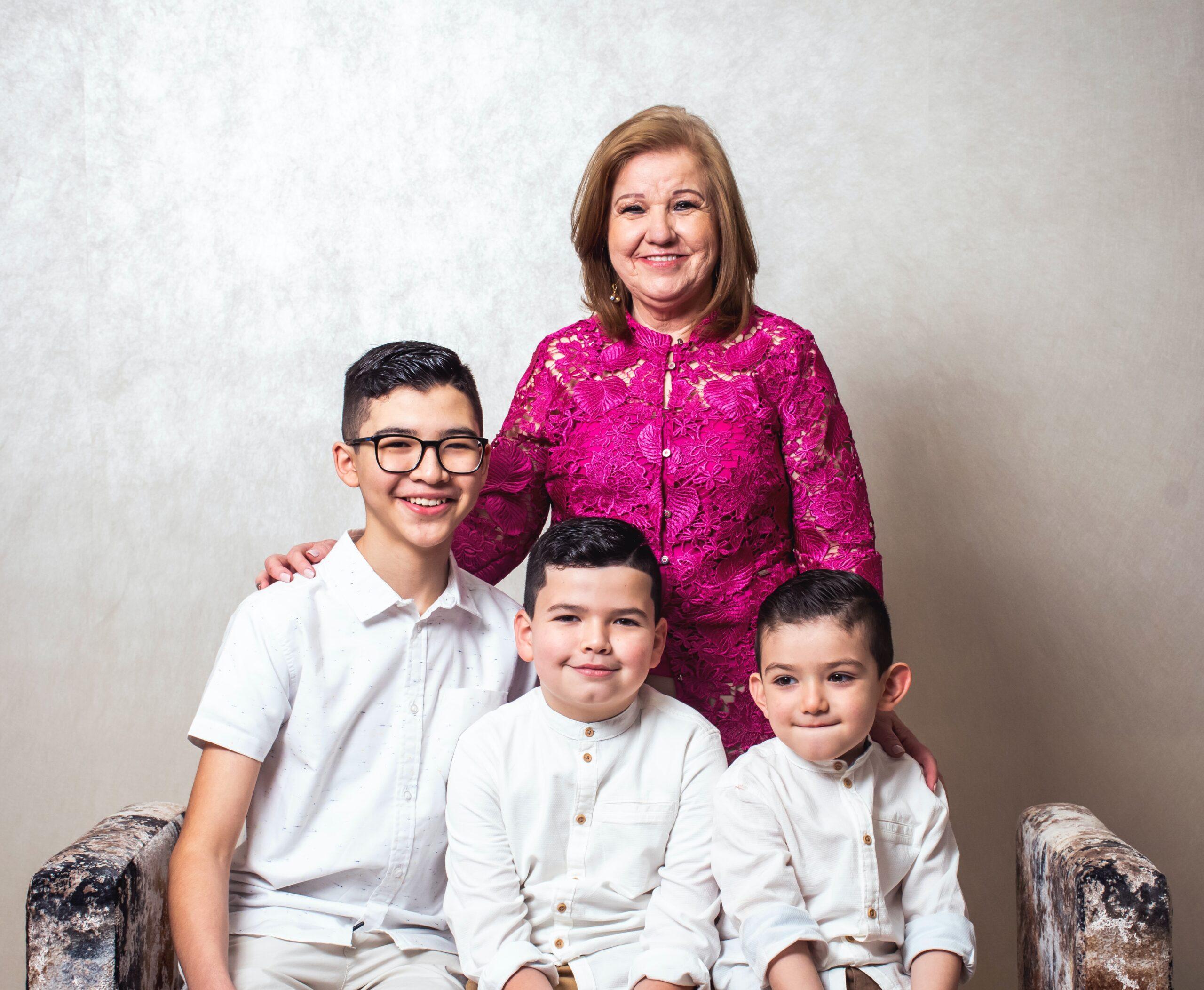Adoption is often misunderstood even though it has been around since the beginning of time. Even if you don’t believe these myths, others do, so it helps to address them at the beginning of your adoption journey.
Myth #1: Adopted kids grow up to have lots of problems.
Life experience should dispel this myth. Ask around and you’ll be surprised by the number of well-adjusted people who have been adopted. Fortunately, we have more than just anecdotal reports. Longitudinal studies have also found that adoptees fare well in adolescence and adulthood.
Myth #2: You can’t really love an adopted child as much as you could love your “own” child.
Oh, yes you can! Love is not limited to biology. I love my husband more than life itself and he is not biologically related to me. Love for your children, by birth or adoption, grows from parenting, from nurturing and from sharing your life. Your child is yours regardless of how he or she joined your family. Shortly after we adopted our daughter, a neighbor said to me that she couldn’t really love someone else’s child. Without realizing that she was inelegantly making a reference to our adoption, I replied wholeheartedly that I couldn’t either. All of my children are my own, and I love them each with a passion that sometimes scares me and often annoys them.
Myth #3: Your adopted child will never really consider you her real parents.
This is the flip side of myth #2. Real parents are the ones who stay up until the wee hours with a sick child and then a few years later are up in those same wee hours waiting for her to get home from a date. Real parents limit TV and candy and push educational games and vegetables. Real parents have gray hairs from worry and laugh lines from joy. Yes, adopted children have two sets of parents: one set who gave them life and one who raised them. But I know of no adopted child who considers their adoptive family any less than their real family, and this feeling is not lessened if they later decide to search for their birth family. Parenting through adoption is not a part-time gig— it’s the real deal.
Myth #4: The kids adopted from ____(choose one: Russia, China, Guatemala, Vietnam, India, etc.) have all kinds of problems.
There are no guarantees in parenting— or in life for that matter. Birth children and adopted children can have health, learning or behavioral issues. Research over many years of adoption has shown that the vast majority of internationally adopted kids thrive.
Myth #5: Adopting a child of another race or ethnicity is bound to cause problems for the child.
International adoptions began with American families adopting Korean War orphans in the 1950s. More than 50 years of research on these transracial/transcultural adoptions, as well as research on African American children adopted by Caucasian parents, disproves this myth. Transracially adopted children usually adjust well, with strong racial identity, self-esteem and attachment to their families. This does not mean that transracial adoption is for everyone or that transracial adoptees don’t have issues to face as they mature, but ultimately transracial adoptions can work.
Myth #6: Adopted children should/will feel grateful to their adoptive parents.
Sorry to burst your bubble, but gratitude is not inherent in the nature of most children. I will get an occasional spontaneous “thank you,” a few more when demanded, and even more when they want something, but usually my children take what I offer as their due, which in fact, I suppose, it is. This is the case regardless of whether your kid becomes yours through birth or adoption. I am told that this changes once they are adults, but I’m still waiting. If you are adopting because you are looking for undying gratitude for rescuing a child, you likely won’t get it and no child deserves that pressure. You are adopting because you want to be a parent. It’s an added bonus that your child will get a home and a great family.
Myth #7: You are more likely to get pregnant after you adopt.
Adoptive children do not cast a fertility spell on their parents. If relaxation was all it took to get pregnant, you would have been pregnant the first six months you tried. The reason that you hear stories of Aunt Ida’s cousin’s hairdresser conceiving after adoption is that this is the exception that stands out because of its uniqueness. Do not adopt if your motivation is to increase your odds of getting pregnant. It won’t work and it is not fair to your child. Every child deserves to be the one you really want, not the one that keeps the dream of your perfect child alive.
Myth #8: There is one best type of adoption.
No one form of adoption is the easiest or fastest or best for everyone, but there is likely a best form for you. Domestic private, domestic public and international adoption are different systems each with advantages and disadvantages. Based on interviewing and consulting with many families, this is what I hear from families who choose each type.
- The top priority for parents who are drawn to domestic private adoption is getting a child as young as possible with as much health information as possible.
- The top priority for parents who are drawn to the public foster-care system is providing a home for a child who really needs them.
- The top priorities for parents who are drawn to international adoption are the predictability of knowing that they will get a baby or toddler within a set period of time and a discomfort with the domestic adoption process (for example, having to sell themselves to a prospective birth mother, the amount of time a birth parent has to revoke their consent to adopt or open adoption post-placement).

